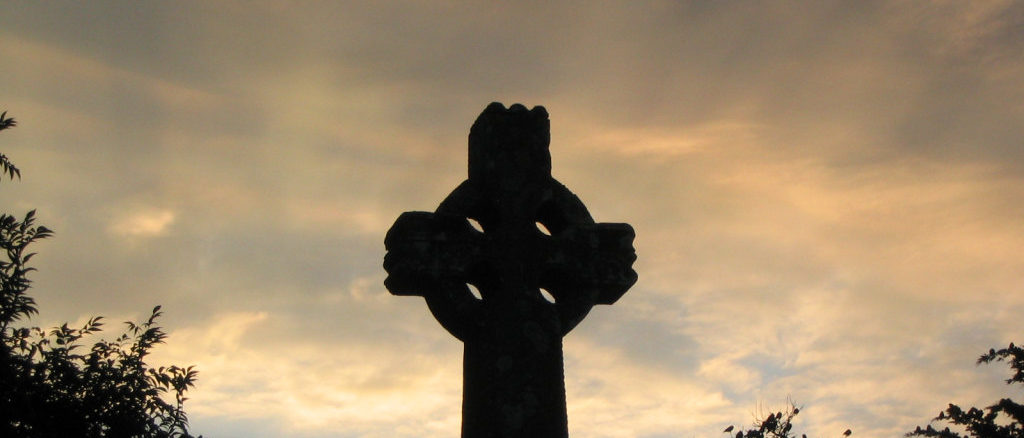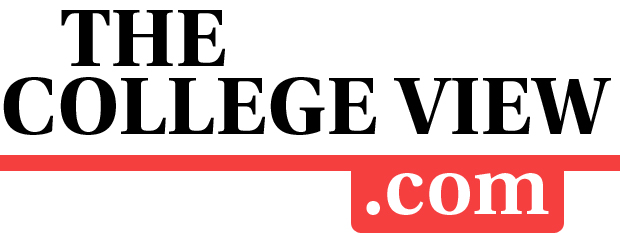
In view of revelations that DCU will now offer two pathways into its primary education teaching courses based on what religion applicants identify with, Brion Hoban argues that as a nation Ireland does not care enough to stop such inequities from occurring within its broken education system. “People quickly forget. Discrimination based on religious backgrounds will continue unabated.”
[dropcap]The[/dropcap] newly formed DCU Institute of Education caused controversy only days into its existence. The faculty has been formed following the full incorporation of three educational institutes into the university, namely St Patrick’s College, Mater Dei and the Church of Ireland College of Education (CICE).
The result is that there are two primary teaching courses now available at DCU, both DC002 and DC004 now being based in the Drumcondra campus.
DC004 is a restricted entry pathway for Protestant students. Applicants require 30 less CAO points than DC002 to qualify, 435 compared with 465.
Unsurprisingly, a religious double standard in tertiary education has not gone down well.
Yet the difference in CAO points should not be mistaken for the real issue here. DCU has no control over the number of points any given course requires.
Points are based on the level of demand for a course. It is only natural that a course that is exclusively for those with Protestant backgrounds would have less demand than a course open to everyone else.
This is not a simple case of a minority of students being afforded preferential treatment. In actual fact there is discrimination on both sides.
Read: Religious identity a determining factor in DCU primary school teaching courses
More alarming than CAO points is that applicants for DC004 must “attend and pass a qualifying interview” before being admitted into the course. Applicants for DC002 are not required to pass an interview.
It is unclear what exactly the interview entails, but it smacks of having to prove a religious background before being admitted.
Practices such as these would ordinarily be deemed illegal under the Employment Equality Act 1998. Unfortunately, there is a provision in the act that allows the Minister for Education to override prohibitions on religious discrimination by special order in the case of schools and hospitals.
Ruairi Quinn did just that in 2013 when he allowed CICE to preserve 32 places for Protestant applicants. DCU can continue to discriminate until the order runs out in 2018.
The reason given for the restrictive entry is that the course “particularly prepares its graduates to work in primary schools under Church of Ireland, Methodist, Presbyterian and Society of Friends patronage.”
This almost sounds reasonable, until it is considered that a graduate of either course would theoretically be qualified to teach at any national school in the country.
This becomes particularly worrying given that DC004 has lower standards when it comes to the competency with the Irish language of its applicants.
Applicants for DC004 do not need Honours Level Irish to qualify.* For whatever reason, Irish language skills appear not to be a priority at CICE, and the university is not demanding they raise their standards.
DCU will be in affect sending out fully qualified teachers with lower Irish skills to work in any school that will have them. Is it any wonder we face so many problems teaching children out native tongue?
The easy option here would be to blame religious institutions, but it is not really their fault. All they want is qualified teachers willing to carry on their ethos.
It was up to DCU to not unnecessarily placate them. If they had created a single course for people of all faiths, Protestant teenagers would still have had open avenues to become primary school teachers. Instead the university facilitated discrimination.
It is impossible to ignore the fact that people are being discriminated against because of their religious beliefs in an institution that receives funding from the state. At least, it should be impossible to ignore, but in reality it is quite easy.
Ireland has barely noticed. RTÉ is the only major news organisation in the country to run a story on the issue. This has yet to grace the major newspapers.
The link between the Irish education system and religious institutions is well known. It is even looked upon with distaste in an increasingly secular society.
Yet this distaste has not provoked a huge response. Educate Together may be close to reaching 100 primary schools, but they have less than ten secondary schools to their name.
The country does not care enough to stop things like this from happening. People will quickly forget. Discrimination based on religious backgrounds will continue unabated.
The education system has long been considered flawed to the point of being broken. The problem is that no one has any real desire to fix it.
*While Honours Irish is not a requirement for the programme, no entrant to the programme has achieved less than honours Irish in at least the last 10 years. In addition, all BEd students will be required to undertake and pass the same Irish exams during the programme’s duration.
Brion Hoban




Leave a Reply